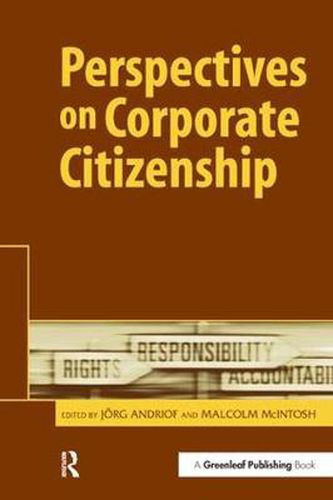A number of disparate but interconnected forces such as deregulation and globalization, rapid advances in communications technology and the rise in power of the consumer and civil society have now combined to bring corporate responsibility to prominence in many corporate boardrooms. In this information age, the ramifications of not addressing best practice in environment, workplace, marketplace and community could range from bad press coverage to complete market exclusion. These are perilous times for the social construct of modern capitalism. In today’s society successful companies will increasingly be those that recognize that they have responsibilities to a range of stakeholders that go beyond compliance with the law. If in the past the focus was on enhancing shareholder value, now it is on engaging stakeholders for long-term value creation. This does not mean that shareholders are not important, or that profitability is not vital to business success, but that in order to survive and be profitable a company must engage with a range of stakeholders whose views may vary greatly. If in the past corporate social responsibility was simply seen as profitability plus compliance plus philanthropy, now responsible corporate citizenship means companies being more aware of and understanding the societies in which they operate. This means senior executives and managers being able to deal with a wide range of issues including greater accountability, human rights abuses, sustainability strategies, corporate governance codes, workplace ethics, stakeholder consultation and management. The aim and scope of Perspectives on Corporate Citizenship is to help capture and distil these and other emerging trends in terms of content, context and processes, in one concise volume. With contributions from leading thinkers from around the world, the book should be essential reading for students, scholars and all serious thinkers on one of the most critical issues of our time.
Read More





